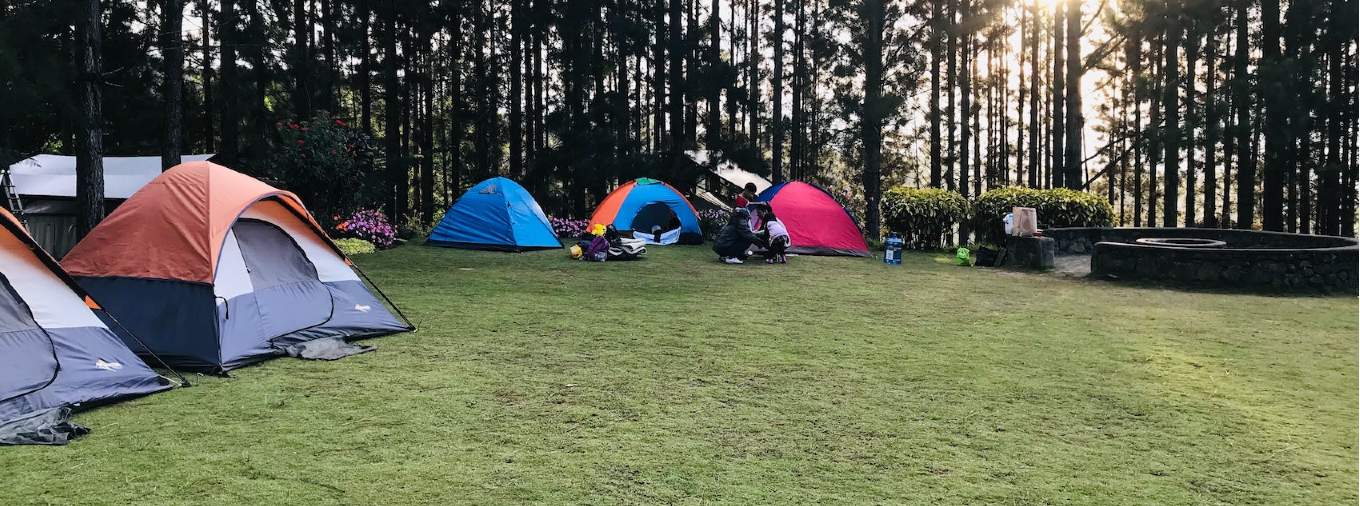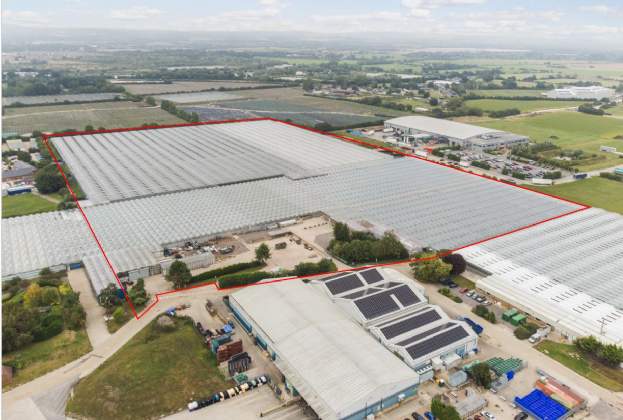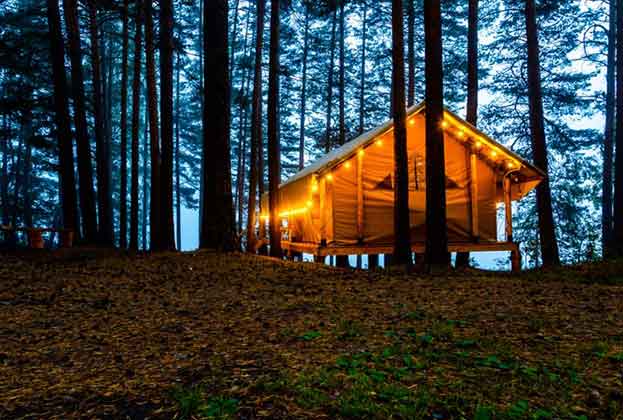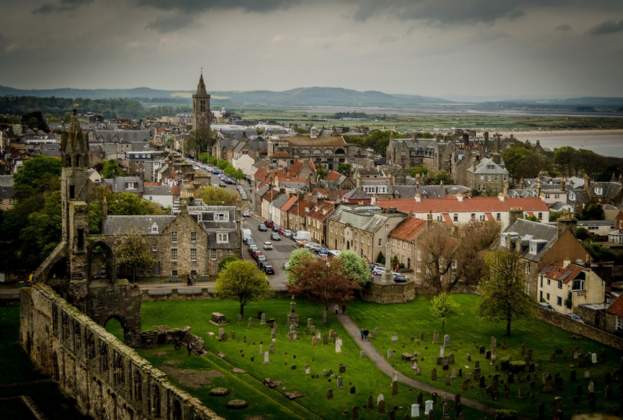The Covid-19 lockdown is ending and where better to be than somewhere that isn’t your own home?
From Saturday (4 July 2020), caravan and camping sites can begin accepting visitors again and operators in the industry are reporting huge numbers of bookings and sales as lockdown rules have begun to ease.
CoolCamping.com, for example, has reported a 750 per cent increase in bookings compared to this time last year, and recorded one of its largest ever surges in website traffic in June.
This leaves many individuals and landowners wondering whether they can take advantage of the boom in staycations and allow camping or glamping to take place on their land.
This could be existing businesses with under-utilised land, such as fields adjacent to public houses or B&Bs, or in the grounds of visitor attractions. Alternatively, a landowner may have a plot of land in an attractive woodland or lakeside location.
The more traditional tented camping is an easy and popular option. However, the market trend for shorter breaks which offer the holidaymaker a different experience is driving the allure of glamping, and this trend has shown no signs of slowing down.
Councils recognise the enormous contribution that tourism makes to the national and local economy and many are acknowledging that a boom in tourism is anticipated. Due to the lockdown this surge in visitors will need to be accommodated within a shorter holiday season.
In the majority of cases, planning permission is required to operate a camping or glamping business on your land and the rules are not always straightforward.
For instance, where permitted development rights apply to your land, you may be able to operate a camping or glamping site for 28 days of the year without requiring planning permission. In England, this has been extended to 56 days a year due to the coronavirus pandemic and will revert to 28 days after 31 December 2021. However, to operate for any longer than this will require formal planning consent from the local planning authority for a change in the use of your land.
The most attractive locations for a camping or glamping site can often be heavily restricted in terms of the development that can take place within them, for example Areas of Outstanding Natural Beauty or National Parks.
However, a piece of land linked to an existing business is usually far easier to set up to receive visitors, and camping and glamping may provide a valuable additional income stream to these businesses. National planning policy is supportive of schemes which bolster the rural economy and this will be a strong argument for the addition of tourist accommodation to an existing business.
Each site will be unique in its opportunities and constraints and it is advisable seeking specialist planning advice on your proposals before taking them forward.
Alternatively, if you are already a caravan or campsite owner, why not explore the opportunity to extend your holiday season and take advantage of the tourism boom?
Further information



.jpg)

.jpg)

.jpg)
.jpg)
.jpg)
